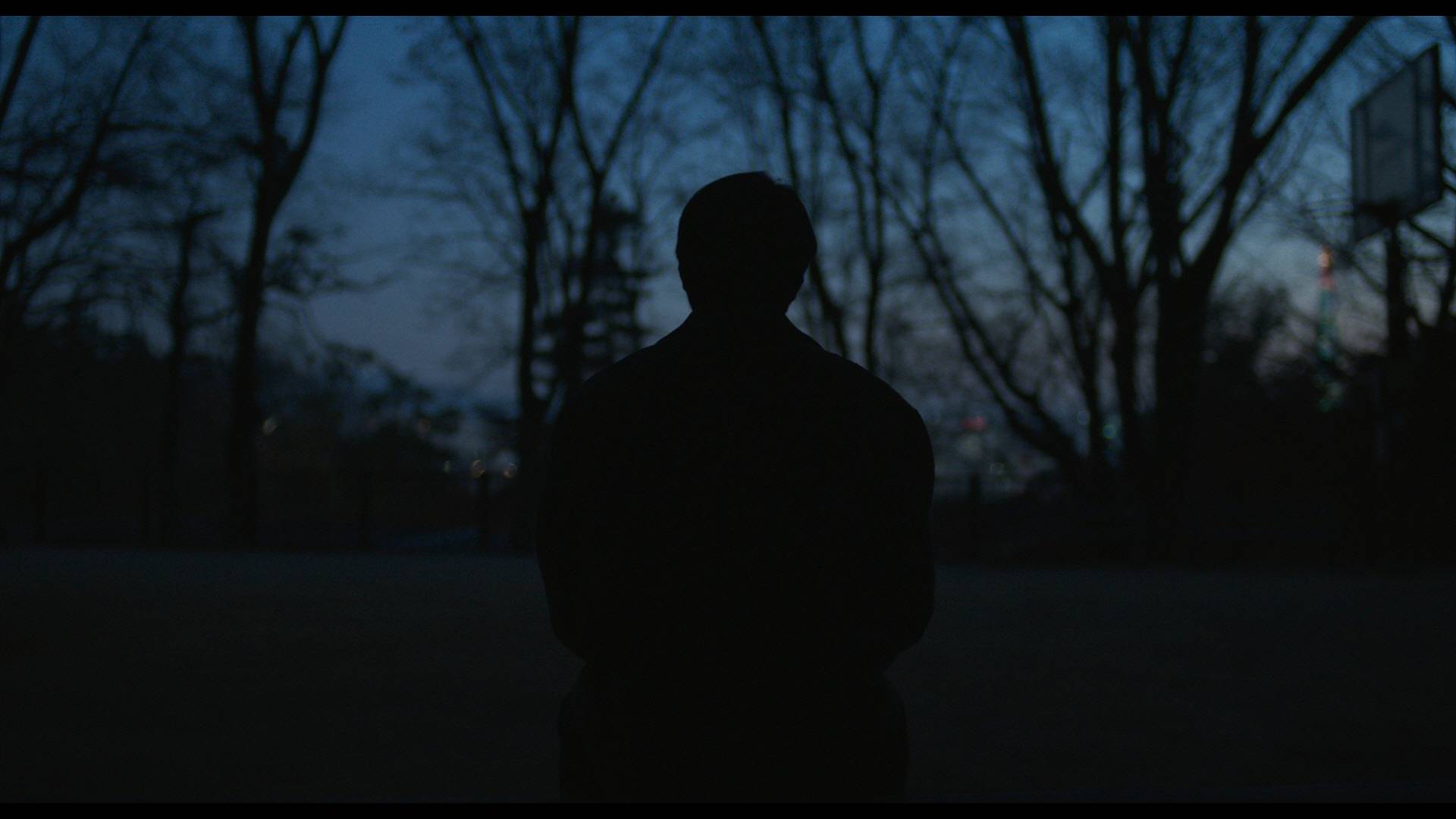Maze
Milo
VERDICT: Grief is the thing in Shin Sun’s subdued drama about a trio of people processing loss. An understated but absorbing meditation on guilt and recrimination.
Three central characters are engulfed by bereavement in Maze.
They mourn the passing of loved ones, the lives of their own lost in the tragedy, the people they might – or should – have been. The milieu is a morose one, in which characters not only rarely smile but some reprimand themselves at the thought of happiness touching their glum expressions. However, Shin Sun’s film manages to mine desolation for some interesting observations and moments of drama and tension that make this far from an exercise in misery porn. Instead, the film is a thoughtful and thought-provoking rumination on loss and guilt which premiered this week at the Busan International Film Festival.
Those three central characters mentioned above are Heui-mi (Oui Ji-won), Young-mun (Ko Kyung-pyo) and Park Sang-ki (Ryu Kyung-soo). They are brought together as three players in an almost noirish plotline involving a private investigator, but one that eschews the atmosphere of the hard-boiled detective genre and jet-black morality for something altogether more sedate and nuanced. Heui-mi is an investigator whose days are primarily filled with following philandering men to provide evidence to their suspicious wives, and she is fed up with it. Her ennui is exacerbated by the news that her estranged father has passed away and she goes to visit his tiny nondescript rooms. Fully planning to hand in her notice, she goes into work only to meet Young-mun, who has a strange job for them. He’d like them to trail Sang-ki, the man who killed his wife in a car accident, just to see how he is doing. Young-mun is, evidently, not doing so well.
Despite the title, it is not the investigation element of Maze that becomes labyrinthine. Instead, it is the navigation of these three people’s own personal crises – each of them trapped in their own gloomy stasis – that becomes the film’s driving force. Heui-mi’s report back to Young-mun is completed by the midpoint, and the film less about mystery and revelation as it is about coming to terms with what has happened. That’s not to say that it is devoid of plot hooks and the disappeared dashcam footage from the accident, potentially redacted by Sang-ki’s internet-famous sister, provides something approaching a McGuffin, but it is not the narrative hairpin that it might seem, more of an emotional one.
If all of this sounds rather sombre, that is because it is. Maze is a film that wallows in the quietude of its three characters’ dislocation. Young-mun, Heui-mi and Sang-ki all walk around in something approaching a daze, finding it difficult to connect with colleagues, family members, potential romantic partners. Shin allows the time and space to for this to not just be described, but observed, and in doing so gives each of the performers the space to offer the slight chinks in doldrum armour they all wear so securely. These small moments allow the audience to glimpse the person below the pain and, as more is learned about all three, perhaps come to understand the different types of pain that they are in. In some moments that is regret and in others self-loathing, in some moments it is paralysis and in others spitting anger, in some moments disarray and in others clear-eyed intent. Each person goes on their own journey that revolves around the accident and death of Young-mun’s wife but correlates differently to the particular personal image that has been dashed in their grief.
Much like the narrative, Shin Sun and collaborators don’t opt for flashy visuals or dynamic editing. Ji Sang-bin’s cinematography is elegant but inconspicuous and the colour palette seems purposely designed to mimic the gloomy aspects of the characters. Aside from a few monochrome flashbacks to the day of the accident, Maze unfolds in a simple linear fashion. Its interpersonal observations might similarly seem modest at first, but by the time it ends, it has delved into a complicated emotional web that provides much to ponder.
Director, screenplay: Shin Sun
Cast: Ko Kyungpyo, Oui Jiwon, Ryu Kyungsoo, Kim Seungyun
Producers: Kang Taeu, Song Inkuk
Cinematography: Ji Sangbin
Editing: Lee Hoseung
Music: Lim Minju
Sound: Kim Juhyun
Production design: Moon Jieun
Production companies: Filmer Co., Ltd. (Korea)
Venue: Busan Film Festival (Vision – Korea)
In Korean
86 minutes


